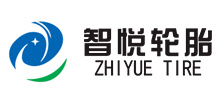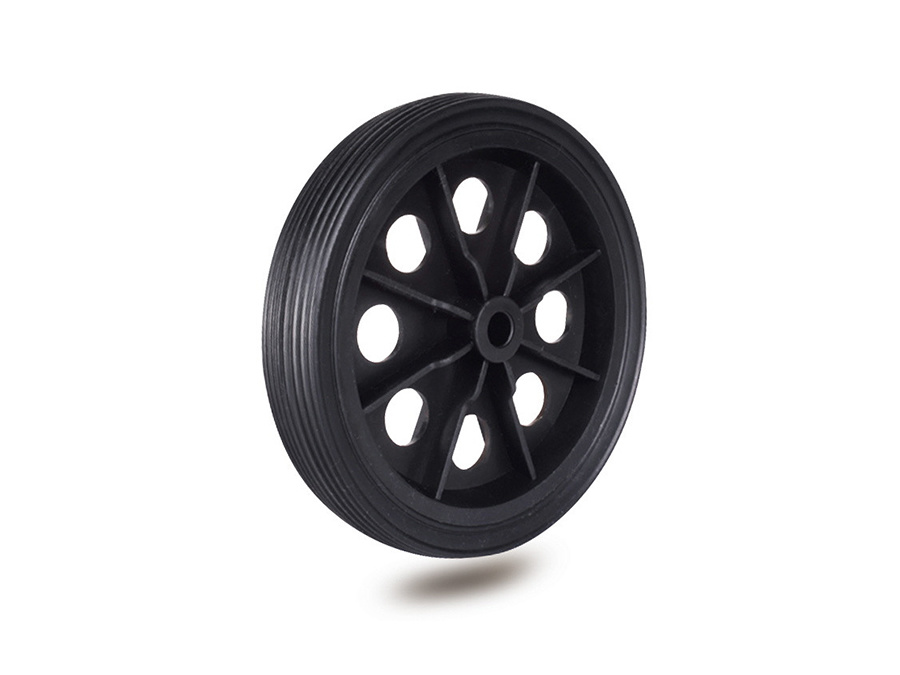News
Understanding Solid Rubber Tires: The 8x1.75 Advantage
Release time:
2024-11-10 14:00
Solid rubber tires, specifically the 8x1.75 size, are increasingly gaining popularity in various industries, particularly in the automotive and accessory sectors. These tires provide a unique combination of durability, stability, and maintenance-free operation, making them an attractive choice for many applications. Understanding the benefits and characteristics of solid rubber tires can empower p
Solid rubber tires, specifically the 8x1.75 size, are increasingly gaining popularity in various industries, particularly in the automotive and accessory sectors. These tires provide a unique combination of durability, stability, and maintenance-free operation, making them an attractive choice for many applications. Understanding the benefits and characteristics of solid rubber tires can empower professionals to make informed decisions regarding their usage in different contexts.
One of the primary advantages of solid rubber tires is their puncture resistance. Unlike traditional pneumatic tires, which are susceptible to flats from sharp objects or leaks due to air loss, solid rubber tires eliminate these concerns. The 8x1.75 size is particularly suitable for applications that demand reliability and continuous operation, such as in material handling equipment, lawn and garden machinery, and certain types of small vehicles. This tire size offers a balance between a compact footprint and adequate load capacity, making it versatile for various uses.
In addition to being puncture-resistant, solid rubber tires are designed to withstand heavy loads and harsh conditions. Their robust construction allows them to handle the rigors of industrial environments, where exposure to chemicals, oils, and extreme temperatures is common. As such, professionals in the automotive sector can leverage the durability of the 8x1.75 solid rubber tire to enhance the performance and longevity of their equipment.
Another noteworthy aspect is the maintenance-free nature of solid rubber tires. Since they do not require inflation, there’s no need for regular pressure checks or rotations, which can save time and reduce operational costs. This feature is particularly appealing for businesses that prioritize efficiency and reliability in their operations. Furthermore, solid rubber tires often have a longer lifespan compared to traditional tires, meaning that less frequent replacements are necessary, resulting in additional cost savings.
However, it is essential for professionals to consider the trade-offs when selecting solid rubber tires. While they offer numerous advantages, they may not provide the same level of shock absorption and ride comfort as pneumatic tires. This aspect is particularly critical for applications involving long-distance travel or where passenger comfort is a priority.
In conclusion, the 8x1.75 solid rubber tire presents a robust solution for various automotive applications, combining puncture resistance, durability, and low maintenance. By understanding the benefits and considerations of these tires, professionals can make well-informed choices that align with their operational needs, ensuring reliability and performance in their applications.
One of the primary advantages of solid rubber tires is their puncture resistance. Unlike traditional pneumatic tires, which are susceptible to flats from sharp objects or leaks due to air loss, solid rubber tires eliminate these concerns. The 8x1.75 size is particularly suitable for applications that demand reliability and continuous operation, such as in material handling equipment, lawn and garden machinery, and certain types of small vehicles. This tire size offers a balance between a compact footprint and adequate load capacity, making it versatile for various uses.
In addition to being puncture-resistant, solid rubber tires are designed to withstand heavy loads and harsh conditions. Their robust construction allows them to handle the rigors of industrial environments, where exposure to chemicals, oils, and extreme temperatures is common. As such, professionals in the automotive sector can leverage the durability of the 8x1.75 solid rubber tire to enhance the performance and longevity of their equipment.
Another noteworthy aspect is the maintenance-free nature of solid rubber tires. Since they do not require inflation, there’s no need for regular pressure checks or rotations, which can save time and reduce operational costs. This feature is particularly appealing for businesses that prioritize efficiency and reliability in their operations. Furthermore, solid rubber tires often have a longer lifespan compared to traditional tires, meaning that less frequent replacements are necessary, resulting in additional cost savings.
However, it is essential for professionals to consider the trade-offs when selecting solid rubber tires. While they offer numerous advantages, they may not provide the same level of shock absorption and ride comfort as pneumatic tires. This aspect is particularly critical for applications involving long-distance travel or where passenger comfort is a priority.
In conclusion, the 8x1.75 solid rubber tire presents a robust solution for various automotive applications, combining puncture resistance, durability, and low maintenance. By understanding the benefits and considerations of these tires, professionals can make well-informed choices that align with their operational needs, ensuring reliability and performance in their applications.
solid rubber tire 8x1.75



